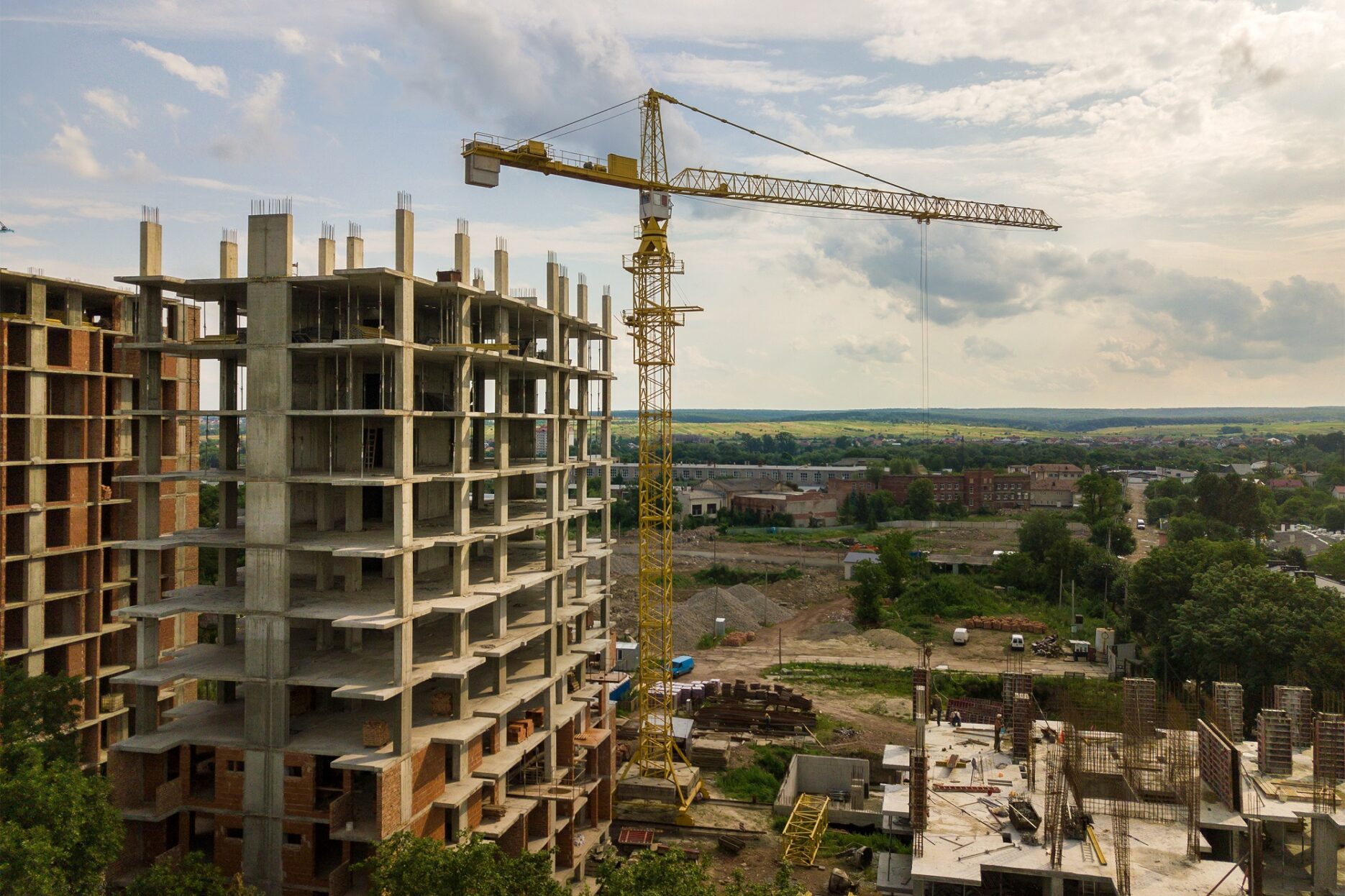Owning property before marriage
According to a survey on home ownership before marriage carried out by Hunjia (a Chinese database) as of 2019, over 70% of single respondents born after 1995 stated that they wanted to buy a property before marriage. Likewise, over 80% of female respondents perceived that owning a property is a crucial prerequisite for marriage.
This societal ‘norm’ stems back to generations. Traditionally, to secure a good marriage, grooms would pay the in-laws with either land, gold, or a horse to show off their high economic and societal status.
The majority of young Chinese think buying a home before getting married would increase their sense of belonging and security.
This practice typically known as bridewealth is still in many ways practiced today, as instead of land, owning a flat prior to marriage is considered very important for one’s prospects for a stable relationship. Buying a home is a huge achievement and in China, it has become the modern enactment of bridewealth for grooms to show off one’s financial ability to their potential wife’s parents.
Aside from the practice of ‘bridewealth’, according to a survey on home purchasing behaviour carried out by Beike Research Institute in July of 2021, around 75% of respondents both men and women aged 21 to 40 thought that buying a home before getting married would increase their sense of belonging and security. Similarly, many Chinese feel that buying a home can improve their quality of life and gain a foothold in property rights. For example, education, under the Hukou System (China’s registered resident system), children’s admission rights are strongly connected to this. And so, both women and men aim to buy property in a good catchment area for their future children.
Is this practice realistic?
The reality of achieving this cultural prerequisite in today’s property climate is becoming more and more difficult. Despite the slight increase in residential home sales and a dip of 0.2% in average new home prices, there is a growing number of unfinished homes which has caused many Chinese homeowners to consequently postpone their marriage and other future arrangements.
In China, future homeowners acquire houses through a pre-pay model, in which buyers purchase apartments that are unfinished. In return, property developers promise to deliver the completed homes within a specified timeframe, but with soaring debt, and a tightening regulatory environment aimed at winding down the industry, many developers have failed to meet their targets. As a consequence, this has left some people making mortgage payments years before being able to move into their home. Although it is common in other countries to pay a deposit on a housing unit before it’s built, unlike China, a mortgage payment is not required until the purchaser takes possession.
A growing number of unfinished homes has caused many Chinese homeowners to consequently postpone their marriage.
Moreover, property developers have stalled construction across China and many young Chinese are being saddled with mortgage payments on a house they might never see. A good example is Li, a technology firm worker who was interviewed by Bloomberg. Li uses a third of his salary to make monthly ‘4,000 RMB ($494.65) mortgage payments on a stalled Evergrande development’ in Wuhan. Without a completed apartment, Li now fears his prospects for a relationship. Unfortunately, he is one of the thousands with this daunting worry as many continue to seek financial help from their elders to pay off these payments.
Despite policymakers’ actions, Chinese buyers have started to boycott their mortgages and are pushing for local governments and developers to restart construction on their awaited homes. The exact timeframe in which these homes are expected to be complete remains uncertain, but the government has already boosted lending to builders to help them complete their projects and solve this impending problem within the upcoming months.
The outlook for this custom
The success rate to buy a home before marriage remains bleak as consumer confidence remains low. Although many Chinese single women still long for their future husband to own a house before marriage, for many young Chinese middle-class this is becoming increasingly difficult. Together with job losses and pay cuts due to COVID-19 and expensive house prices such as in Beijing and Shanghai this might cause people to further delay marriage.
The success rate to buy a home before marriage remains bleak as consumer confidence remains low.
The average house price across the country remains high for Tier-1 and Tier-2 areas in cities such as Shenzhen, Beijing, Xiamen, and Hangzhou. According to the National Bureau of Statistics, the average sale price of residential real estate in 2020 for example in Xiamen was 33,779 RMB ($4,177.23) per square metre. Considering China’s annual per capita of urban disposable income as of 2021 was 47,412 RMB ($5,863.13), it is no wonder that it often takes years of saving to afford an apartment.
Across China, there are countless millennials continuing to work towards purchasing a flat to please their prospective wives and in-laws. However it remains uncertain whether coupled with the decline in marriage rates, this custom can continue to remain as prevalent in the changing society.









